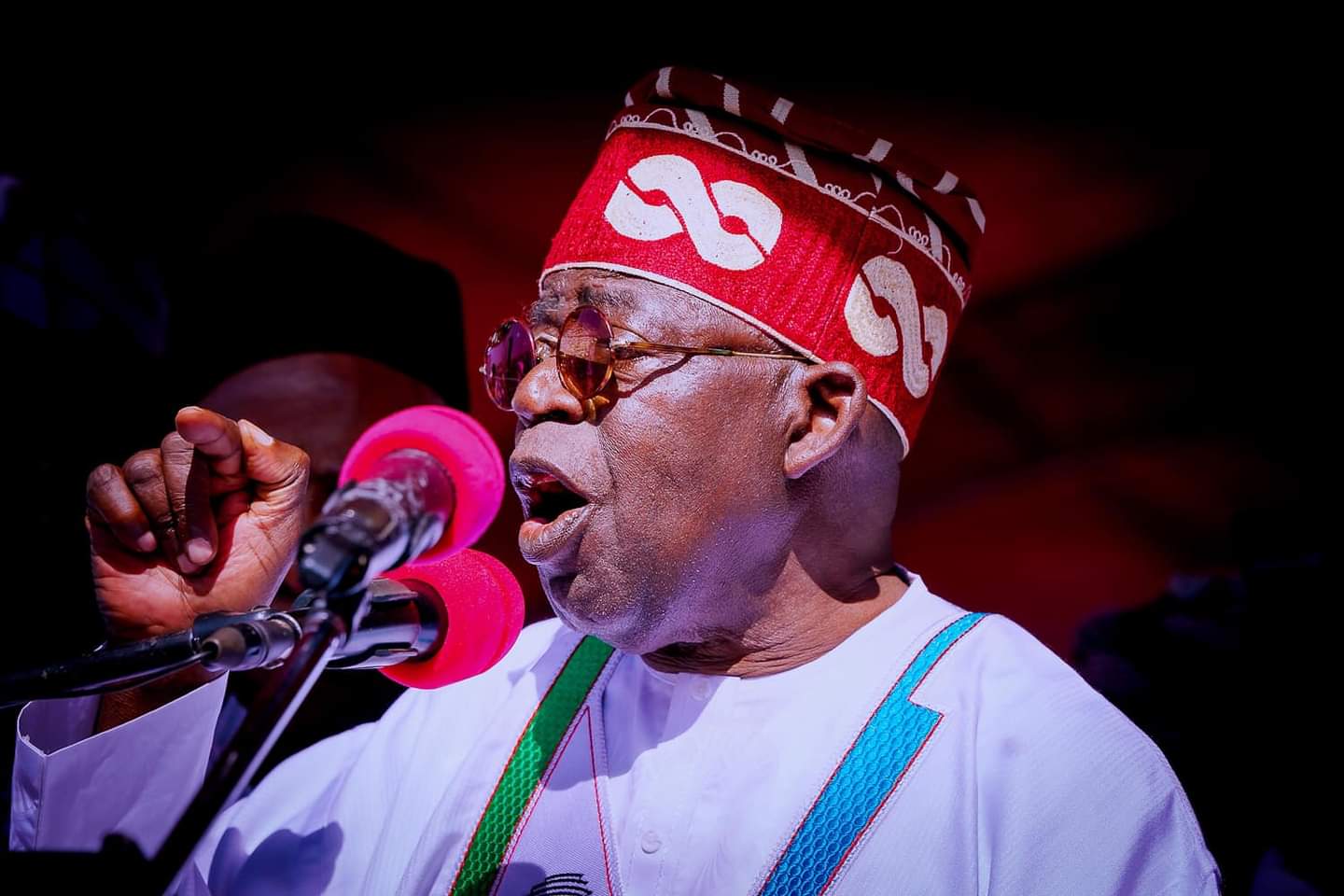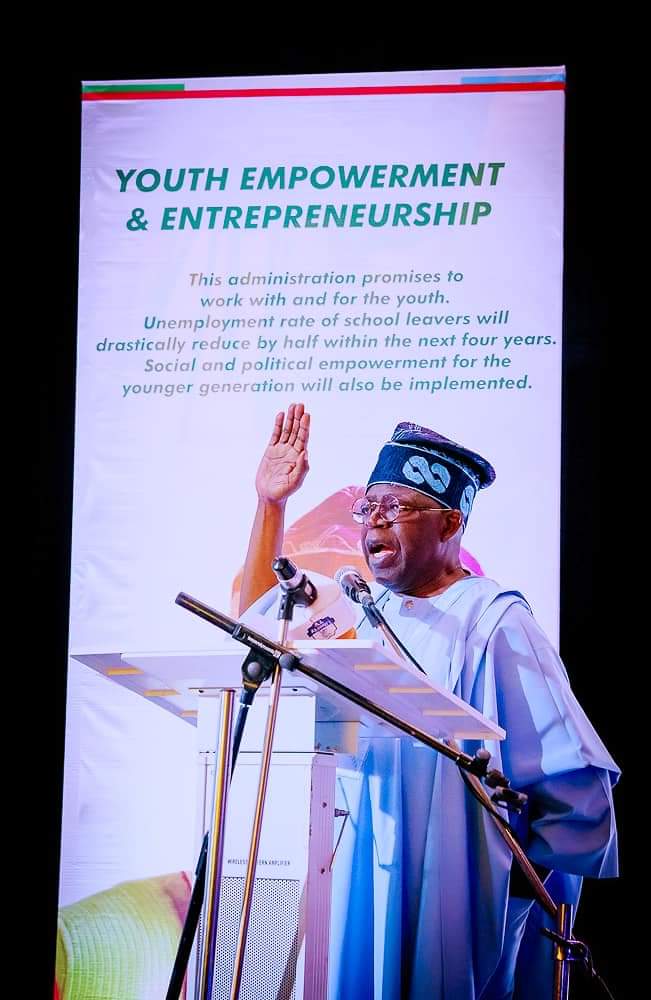Special Features
Razor on Fuel Subsidy? A Dilemma for Tinubu’s Administration

By Praise Ben
The tumultuous waters of the petroleum industry are familiar terrain for Nigeria. With vast oil reserves at her disposal, the nation’s potential for prosperity should be limitless. Sadly, a trifecta of corruption, mismanagement, and policy vagaries has stunted the growth of this promising industry. In recent times, the fuel subsidy regime has been a lightning rod for controversy, confounding successive administrations with its complexity and contentiousness.
As Bola Tinubu readies himself to take the presidential reins, he’s made it clear that he’s not a fan of the fuel subsidy. It’s a bold stance that could really shake up Nigeria’s petroleum industry – and that’s a good thing, say the experts. However, there are concerns about the potential impact on Nigerians, especially those in vulnerable sectors like transportation and manufacturing. As such, there is a need for broader communication channels to enlighten stakeholders, including organized labour, drivers’ unions, and other interest groups, on the immediate and transient effects of such a removal when the policy is implemented.
EDITOR’S PICKS
-
FG’s Latest Move To Keep Nnamdi Kanu In Custody: Will He Ever Regain His Freedom?
-
The Exciting Chase For Premier League Top Four
A deep-rooted predicament lies at the heart of Nigeria’s fuel subsidy conundrum – the failure of the country’s four key refineries. Despite an influx of funds directed towards their rejuvenation, all attempts to revive them have fallen flat, leaving the government with no choice but to import fuel, despite the presence of domestically produced crude oil. Regrettably, this approach results in the wastage of valuable refined by-products, like gas and asphalt, which in turn lead to a decline in job opportunities and revenue streams.
Tinubu’s vision to revive Nigeria’s ailing refineries and attract private investment to the sector is a breath of fresh air. However, the success of these noble objectives hinges on a more efficient and adept execution and management framework than what was employed in past efforts. Furthermore, transparency and accountability in the disbursement of funds designated for refinery rehabilitation cannot be understated.

Presidential-elect Bola Tinubu’s incoming administration faces a dilemma over the fuel subsidy regime
Deregulating subsidies is another key area of concern. While there are persuasive arguments for removing fuel subsidies, such a move will have both immediate and long-term effects on the economy. Inflation could worsen when the cost of fuel goes up, and the burden may be passed to the poor masses. Palliative measures will be necessary to ease the impact on Nigerians, especially those in vulnerable sectors.
Encouraging private investment in the petroleum sector is critical to Nigeria’s economic development. The absence of a free market has made it difficult for investors to operate effectively, leading to stifled growth in the industry. Tinubu’s vision of diversifying the Nigerian economy can be realized through policies that encourage private investment and promote competition in the sector. This can only be achieved through deregulation and the removal of obstacles that discourage investors from entering the market.
FURTHER READING
The incoming administration needs to address corruption and mismanagement in the petroleum sector. It must ensure that funds allocated for the rehabilitation of refineries are utilised effectively and that loopholes that enable fraudsters to profit from the subsidy regime are eliminated. A more robust regulatory framework is required to ensure transparency, accountability, and good governance in the sector.
In conclusion, it is clear that Nigeria’s petroleum industry is grappling with a multitude of challenges. Nonetheless, these hurdles can be surmounted by the application of sound policies and strategies. Breathing life back into the refineries, luring private investments, and deregulating subsidies are pivotal to revamping the sector and fostering its growth and advancement. President-elect Bola Tinubu’s proposed blueprint provides an excellent starting point; however, its viability rests on the efficacy of its implementation and management. As the new administration takes the reins, it’s a wait-and-watch game to see whether they can rise to the challenge and make good on their commitments.
Praise Ben writes for Eko Hot Blog. This media platform reserves all rights to this article.
Click to watch our video of the week
Advertise or Publish a Story on EkoHot Blog:
Kindly contact us at [email protected]. Breaking stories should be sent to the above email and substantiated with pictorial evidence.
Citizen journalists will receive a token as data incentive.
Call or Whatsapp: 0803 561 7233, 0703 414 5611

















